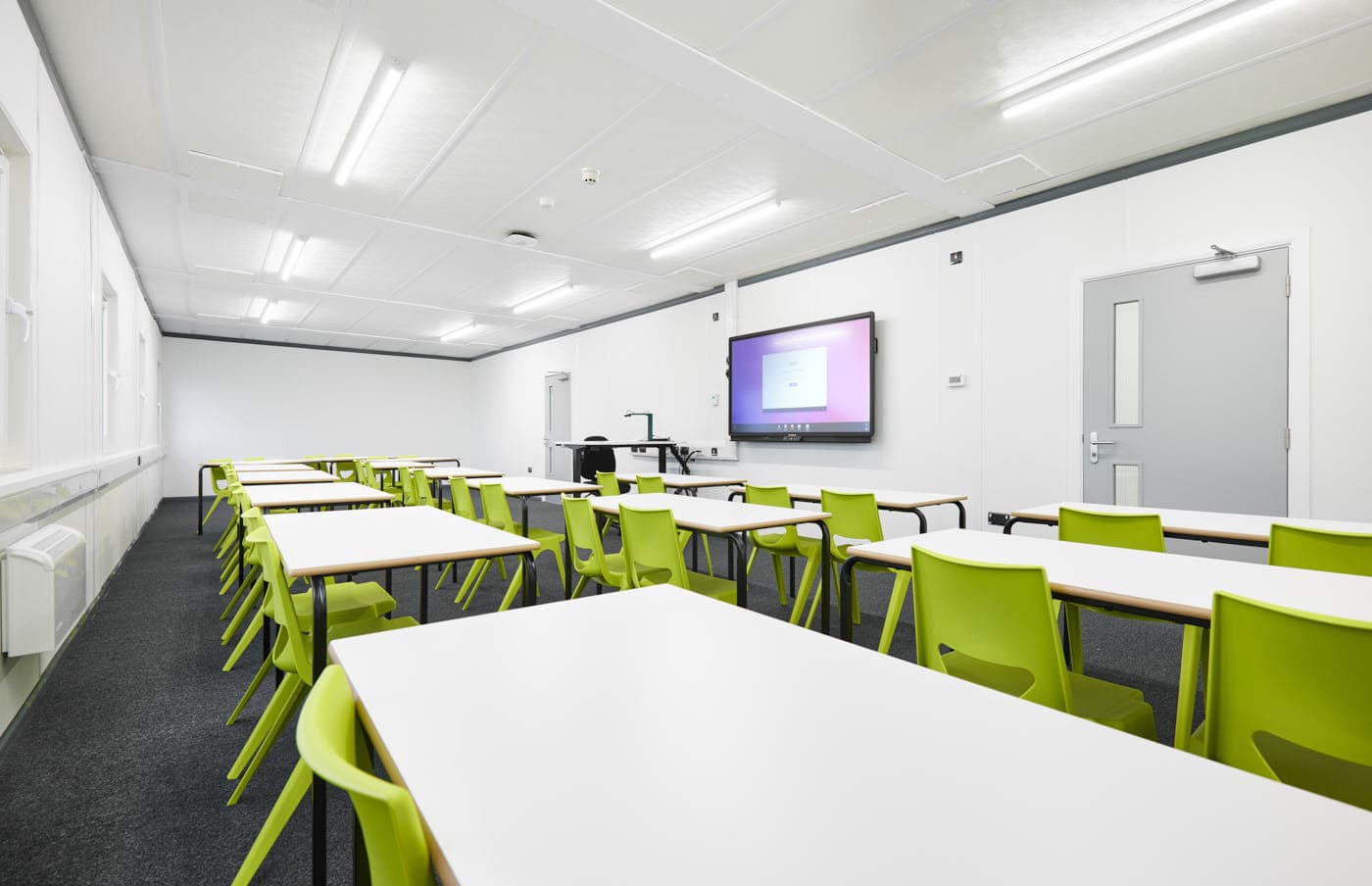Sustainability is increasingly becoming an important focus for the construction industry as companies ramp up efforts to lessen their carbon footprints. The impact of climate change on traditional building programmes is already in view; ONS data has shown that in July 2023, heavy rainfall and lower-than-average temperatures contributed to numerous project delays.
In order to reduce the greenhouse gas emissions generated through the construction and operation of the global built environment, mass decarbonisation of building materials, supply chains and building practices is necessary. By embracing the circular economy and adopting a greener approach to the production and use of buildings, the construction industry can minimise its contribution to climate change and ensure greater resilience in future.
Going green with the circular economy
The production of man-made materials, such as concrete and steel, contribute to 23 per cent of global carbon emissions. The decarbonisation of these materials, through the development and uptake of greener substitutes, is essential if the construction industry is to move toward a more sustainable future.
However, this should not be viewed as the sole solution. Engaging with the circular economy is also paramount and requires all parties in the construction supply chain to look beyond the materials themselves and consider their longevity. Offsite manufacturing is a step ahead in this regard, utilising advanced technologies to produce building components with greater precision and less material waste. At Premier Modular, this is reinforced by a number of recycling initiatives, such as the use of wood waste for biomass fuel at a local power station, to ensure zero waste goes to landfill.
Equally, more consideration needs to be dedicated to the origin of materials if companies are to engage with the circular economy. A report released by the UN’s Environment Programme in 2023 outlined the opportunity for using bio-based materials to decarbonise the built environment. According to the paper, this would require companies to align the production of such resources with the natural carbon cycles of forests and agricultural lands and, if successful, could save compounded emissions in the construction industry by as much as 40 per cent by 2060.
Other measures to shift the construction industry toward the circular approach include the repurposing of buildings created. Already, this is readily achieved through the offsite manufacturing of modular buildings, which can be reconfigured and reused multiple times across several sites, limiting the need for new buildings to be produced.
Turning to technology
New windows of opportunity for the construction industry to become greener are becoming more viable as technology progresses. Advancements in the Internet of Things (IoT), artificial intelligence and robotics promise to enhance energy efficiency in both the production and operation of buildings, enabling companies to modify designs to minimise waste, incorporate sustainable features and control carbon emissions.
The rise of building information modelling (BIM) and computer-aided design (CAD) has reinforced this, allowing for better management of material waste. Such technologies were identified as a significant step change in the Intergovernmental Panel on Climate Change‘s latest synthesis report, capable of increasing the environmental and economic benefits associated with building projects.
Other areas of innovation that are empowering construction companies to be more sustainable include the electrification of construction vehicles. The rapid development of EV batteries in the past few years has opened the door to battery-powered forklift trucks and other heavy-duty vehicles, such as cranes.
Such progress is making waves in the construction industry and bringing further value to sustainable building practices, such as offsite manufacturing, that are already undertaking low-waste, low-carbon projects.
If the industry is to lessen its significant footprint and remain resilient in the face of climate uncertainty, the adoption of technological solutions and shift toward the circular economy will be key.
To explore how Premier Modular is making waves in sustainability, take a look at our environmental commitments.











